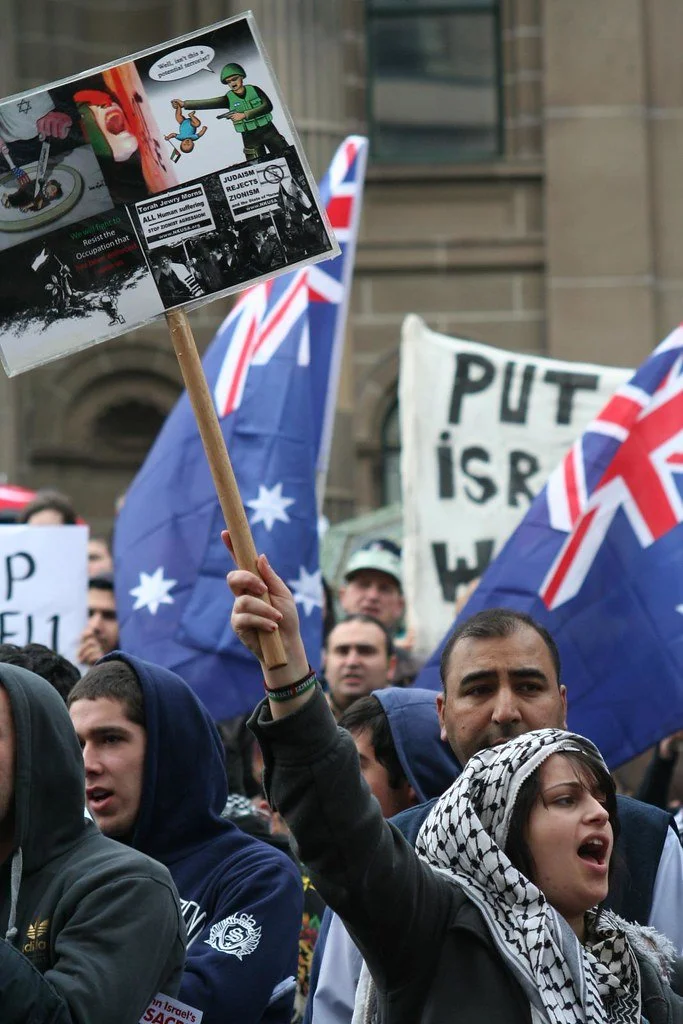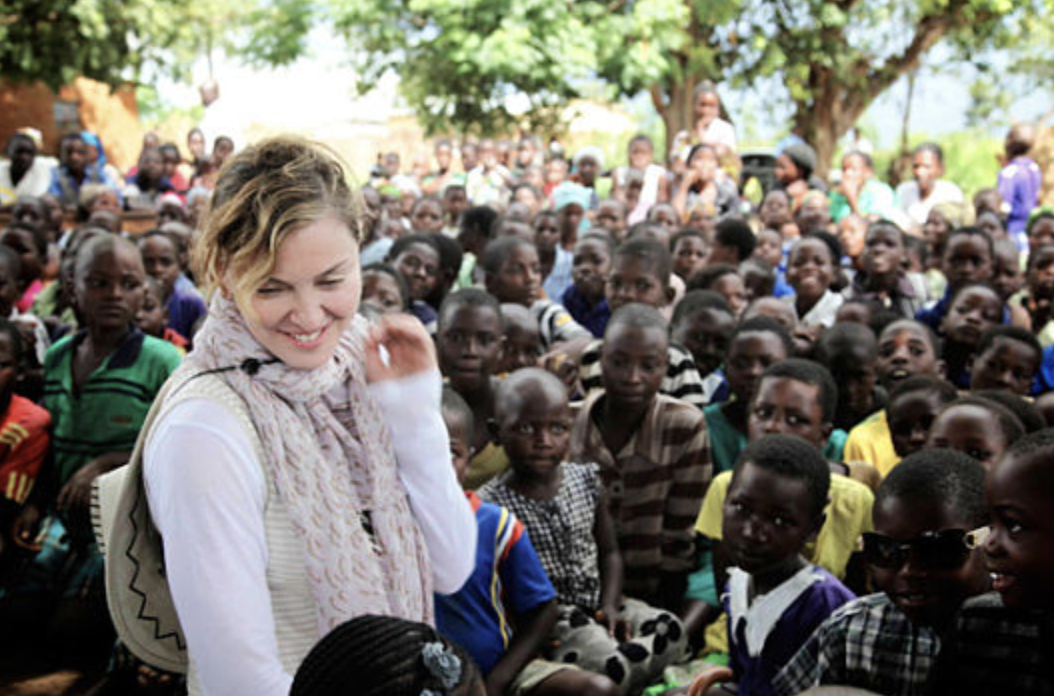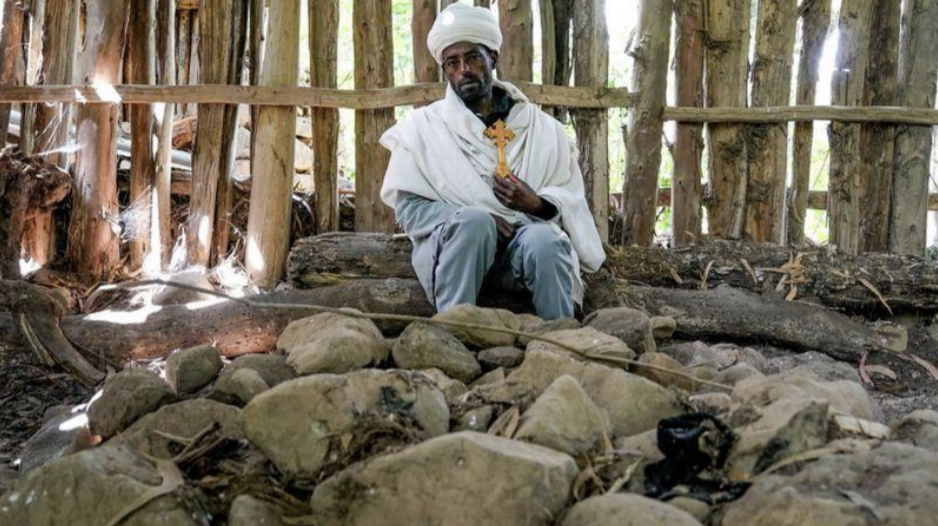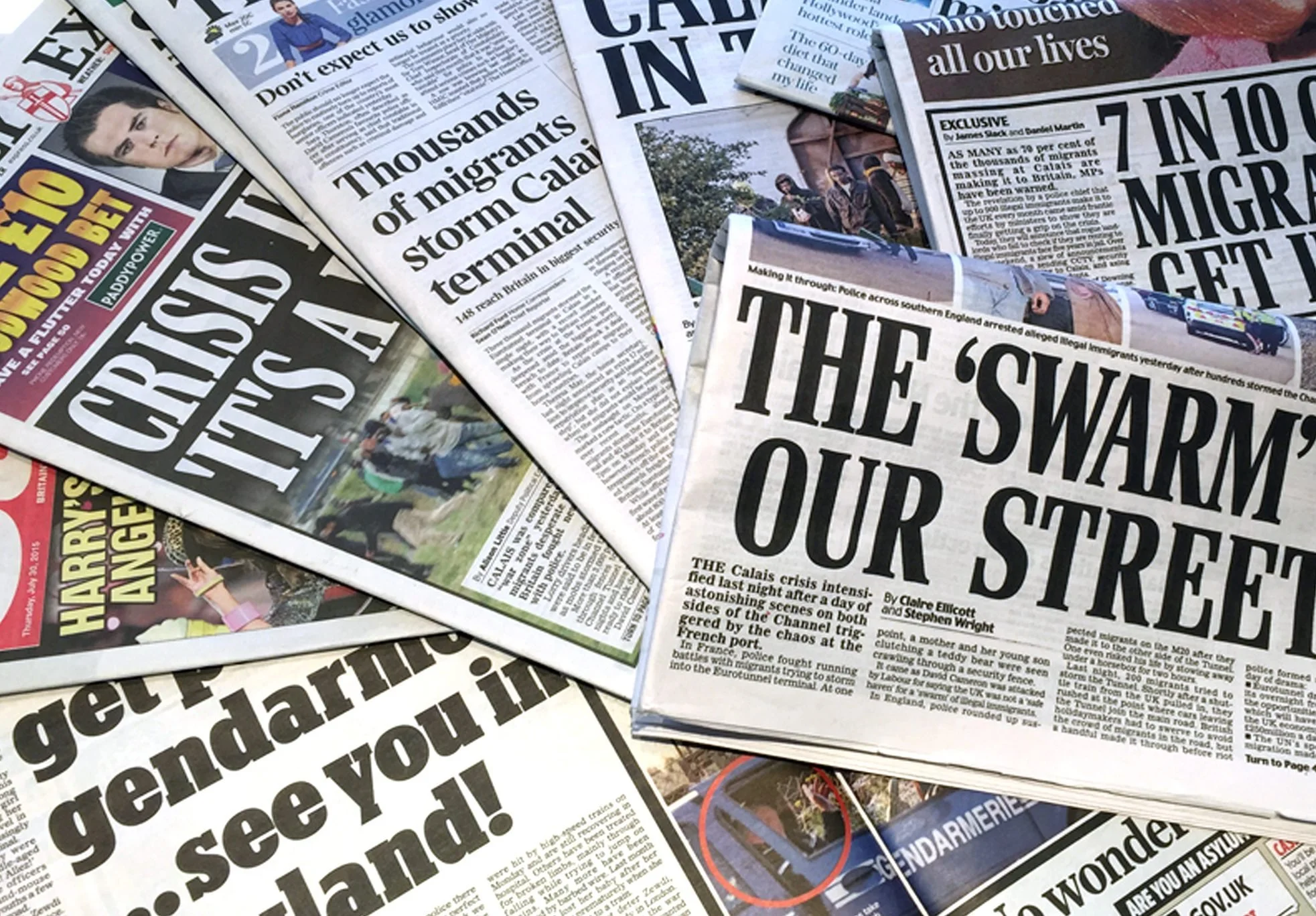Access to proper healthcare and medical treatment has become a hot topic in the past few years. Prices to visit a doctor have skyrocketed, certain medical procedures and become politicized, and the Covid-19 pandemic has many in fear about future outbreaks and what that could mean for the healthcare system. According to the UNHRC, the top three leading causes of morbidity among refugees are malaria, upper, and lower respiratory tract infections (Rabat). The importance of healthcare in forcefully displaced populations must become a higher priority as they not only impact communities of refugees but can also have lasting global impacts.
Tragedy in Gaza: Advocacy and Aid for Palestinian Refugees
Gators for Refugee Medical Relief (GRMR) aims to inform and educate its members, the University of Florida, and the greater community concerning refugees and advocacy for their struggles and hardships. With the looming conflict and war in the Gaza Strip, we aim to detail the number of Palestinian refugees in the area, the many difficulties they face, and ways for others to assist.
Refugees in Malaysia Find a Home in the Arts
Recap: Reflections with Refugee Dr. Jihane Naous on Refugees' Health
This past fall semester we hosted a medical speaker event with Dr. Jihane Naous, a family medicine physician at UF Health who has extensive work experience and personal exposure to healthcare within refugee communities. This blog post will summarize Dr. Naous’s presentation that she gave. Dr. Naous referred to a paper published by the American Psychiatric Association titled “Mental Health Facts on Refugees, Asylum-seekers, & Survivors of Forced Displacement.” This paper provides valuable insight into mental health assessments of refugees. Notably, the paper includes that “about one out of three asylum seekers and refugees experience high rates of depression, anxiety, and post-traumatic stress disorder.”
When Businesses Empower Refugees: A look at Chobani’s Leadership
After picking up my biweekly bottle of cold brew and vanilla coffee creamer, I love to grab a healthy assortment of my favorite snack—Chobani Flips. While Almond Coco Loco is my go-to flavor, this is not a tour of delectable yogurt varieties. Instead, this is a brief into Chobani’s company leadership and how its founder, Hamdi Ulukaya, flipped the script when he made refugee empowerment a central pillar in Chobani’s ethos and people-first character.
From hiring practices to global partnerships for refugee goals, Chobani pens a collective call to businesses worldwide and encourages organizations to take a stake in the economic integration and welfare of refugees everywhere.
A Year of War in Ukraine: An Anniversary in Photos
When I was in early middle school I would watch whatever appeared on Netflix in my free time. Looking back on it there was a lot that I watched for seemingly no reason. I watched all of Futurama, which I remember very little of. I also watched all of the 1970s sitcom M*A*S*H, about the Korean War (which I’m still very fond of). However, most of what I watched were documentaries. It wasn’t tied to any one topic, but I watched all of Ken Burns’ documentaries, which were on Netflix at the time. One of the documentaries I watched, and still don’t remember why I did exactly, was Winter on Fire: Ukraine’s Fight for Freedom, directed by Evgeny Afineevsky.
Violence Against Women: A Main Driver of Migration from Central America
Relocating to another country is a momentous choice. For the women and children of Central America, as with all refugees, this migration is no longer a choice but rather a necessity for survival. Since the late 20th century, turbulent political and socioeconomic conditions in the Northern Triangle- comprising El Salvador, Honduras, and Guatemala- have led to a rise in sexual and gender-based violence (SGBV). Under a system that subordinates and violates women, many view leaving the region as the sole path to a better life for themselves and their families.
Humanitarian Law Fails Palestine
Throughout the course of human history, war has been ruthless, often senselessly tearing apart families and livelihoods during callous power struggles between two belligerent parties who unnecessarily involve innocent people. It was not until fairly recently in human history that conventions occurred to attempt to make fighting more humane. Due to the lack of consensus on a war crime and the tendency of attacking forces to disregard human life, much less human dignity, the exact definition of a ‘war crime’ and ‘crimes against humanity’ remains elusive. Generally speaking, a war crime is a “serious violation of the laws or customs of war as defined by international customary law and international treaties,” and can apply to civilians and armed soldiers, while crimes against humanity apply to civilians (Penrose, 2022 & “Crimes Against Humanity”, n.d.).
Stopping a Refugee Crisis Before it Starts in the Pacific Islands
Take out your phone, and instead of going on TikTok or playing today’s Wordle, go on your Maps app. Now scroll to the Pacific Ocean, that vast blue mass of water separating the Americas from Asia and Australia, and zoom in until you find an island. Chances are that once you do, that tiny little speck of land in the middle of the largest single body of water on Earth will have people on it. From the lush islands of Palau near the borders of Asia, south to the Polynesian fantasy vacation destinations of Fiji and Bora Bora, and north to the Micronesian atoll systems of the Marshall Islands and Kiribati, the inhabitants of the Pacific Islands are diverse in their cultures and histories but unified by the imminent struggle that they face against climate change…
Hosting Refugees: How Nations Can Help Mitigate the Effects of Forced Displacement
With the outbreak of the war in Ukraine contributing to the ever-growing refugee crisis around the world, it is important to shine a light on the many reasons why hosting refugees is beneficial, not only to the refugees themselves, but also to the countries that host them.
Dr. Craig Loschmann, a research fellow at UNU-MERIT focusing on analyzing conflict-related migration, argues that the mere economic benefits of hosting refugees outweigh the possible associated risks. His experience participating in different UNHCR-funded projects in refugee camps in Burundi and Rwanda led him to conclude that hosting refugees can help…
High-Income Country Privilege and How it Affects Refugees
The refugee crisis is one of the largest humanitarian crises in the world. That being said, before discussing how people who live in the high-income countries (HICs) (Europe and America are the main ones to note) have imposed a superiority complex disguised as heroism, it is essential to note a few things. This is a very sensitive issue and should be treated as such. Additionally, this post is a glimpse into many nations’ shortcomings in regards to the refugee crisis, so in no way is this a localized issue. This post will highlight some of the many ways people who live in high income countries have imposed a superiority complex and how it has harmed refugees and their communities, with sources all being from a refugee’s perspective….
Ethiopia: The Crisis Unfolding in Tigray
I would like to preface this post with a couple of notions. One, there are some sensitive topics that are mentioned, so discretion is advised. Two, this crisis which has been ongoing for a couple of years is one of the largest recent instances of mass genocide and is, therefore, very necessary to discuss and understand. This post will go into a detailed story of the context leading up to the civil war and the war’s effects on citizens in Tigray, Ethiopia.
Before delving into the current events that have been ongoing in Tigray, it is important to first gain an understanding as to where the conflict originated. Ethiopia has three main ethnic groups: the Oromo, Amhara, and the Tigray. The Tigray People’s Liberation Front (TPLF) ethnic minority made up the Ethiopian People’s Revolutionary Democratic Front (EPRDF), which had authoritarian rule over the country up until 2018. They were led by Prime Minister Hailemariam Desalegn, who led 27 years of repression. This led him to step down in 2018 and Abiy Ahmed was elected by the Amhara and Oromo ethnic groups, who made up most of Ethiopia’s population…
States and the Stateless: How Nationalism Drives Xenophobia and Anti-Immigrant Sentiment
Whenever I lead any educational presentation for GRMR, I like to start off by asking the group what they think of when they hear the words refugee or migrant. I encourage the group to consider the images, news stories, and identifiers they have seen in media and political discussions. Without fail, the discussion always turns to the ways in which the 2016 election and the administration which followed changed the idea of who refugees and migrants are. Asylum seekers became illegal aliens, and migration a threat to the socioeconomic success of the country. This disdain for refugees and migrants does not stem simply from a place of xenophobia or isolationism…
Europe’s Refugee Response: Poor Peripheral Vision
Take an entry level international course and you’ll likely see a PowerPoint slide or two on the “European Migrant Crisis.” It was big, it was bad, but it was 2015. Surely six years later, Europe, home to some of the richest countries in the world, would find a way to integrate the desperate refugees into their economies, or at least raise the standard of living in the “temporary” camps scattered across the eastern Mediterranean. Who could have guessed that Europe, the self-described champion of humanitarian rights, would center its efforts in mitigating the “crisis” of refugees less on increasing the standard of living and opportunities for employment, citizenship or integration and more on spending money to simply keep them out altogether…
Climate Change and Disaster Displacement
What do you imagine when you hear the term “refugees?” Many people immediately think of the displaced people fleeing their home country to escape persecution, war, and conflict. However, an invisible but just as troubling adversary can be why refugees need to flee their homes to find refuge: climate change. Climate change is defined as the change in global or regional climate patterns. In particular, these changes were made apparent from the mid to late 20th century and onwards as a result of the Industrial Revolution and the technological advances that have been made. As a result, this led to increased levels of atmospheric carbon dioxide produced by the use of fossil fuels. The consequences of climate change affect everybody around the world. However, not many people consider one of the most disproportionately affected populations of climate change: refugees, internally displaced people (IDPs), and the stateless…
When There Is No “Post-” to the Trauma
A couple months ago I was scrolling through Instagram when I came across a post from a Palestinian activist’s account that read “There is no such thing as PTSD for Palestinians.” Something about that sounded off; was this individual simultaneously dismissing the mental health issues of the very same families she was advocating for? I proceeded to swipe through the thread, intrigued by such a bold claim, and came to learn of continuous traumatic stress (CTS), a newly emerging mental health conceptualization too often misdiagnosed as post-traumatic stress disorder (PTSD) …
The Pandemic and How it Fueled a Tutoring Evolution
It has been 18 months since the pandemic forced us to shut down our regular operations. During that time of panic and confusion, the previous Education Director and her team were able to come up with our online tutoring format. Within 2 months she had set up a website, a google classroom, as well as a tutoring committee in order to launch our tutoring services in a safe and effective manner. At the time, I was a freshman. I had joined GRMR just 2 months before and fell in love with the activities and the culture. The best part of working with GRMR, was meeting the students, and getting to know their different personalities. The community was so lively…
Maternal Health in the Refugee Crisis
With women making up almost half of the refugee populations worldwide, and 1 in 10 of them being pregnant (1), we should be aware of the issues that are present in their lives. These women face multiple hardships that put themselves and their pregnancy at risk. These risks show how maternal health in the refugee crisis is a major concern that must be attended to.
Pregnancy brings many changes to a person’s body throughout its different stages. During all these stages, it is of utmost importance to provide adequate access to maternal health services and low-pressure environments to ensure the safety of the mother and the child. These services provide care and social support which are important for a safe pregnancy and delivery. However, many people, such as refugees, lack access to maternal care or similar services. Without the proper resources and help, these women…
Neoliberalism and Refugees
Neoliberalism, an ideology defined by the proliferation and deregulation of financial markets, free market trade, cutting state welfare and taxes, and the commodification of health, rose to prominence in the 1980’s with Reagan and Thatcher (1). The problems of inflation and rising oil prices were compounded when industrial production in the global north declined, thus decreasing the demand for raw goods and agricultural commodities from countries across Latin America, Asia, and Africa (Packard, 2016). With the cost of money rising (as banks charged higher interest rates), international organizations such as the International Monetary Fund (IMF) and World Bank stepped in to prevent these countries from defaulting on their loans. As part of their conditions, they enforced austerity measures known as Structural Adjustment Policy (SAPs) on these cash-starved countries.
The goal of SAPs was first and foremost to secure the international financial system, catering to the lender banks of the global north. They also served to transform economies of developing countries to free-market economies (Sayson, 2006). This was achieved through peeling back necessary public institutions; for example, limiting the development of public infrastructure, cutting federal paychecks, halting investment in social programs and hospitals, and more. This crippling of local infrastructure would pave the way for millions to die due to cholera, Ebola, and AIDS crises.
As Keshavjee puts it, “these loans were seen as…
Dear America, Treat Your Immigrants Right
People all over the world are fleeing persecution, escaping dangerous conditions, or looking for opportunities for a brighter future but are daunted by country quotas, legal restrictions, and bureaucracy. What happened to empathy and humanity in our global community? The United States, specifically, has failed its migrants and incoming refugees despite being defined by immigrants and praising itself as a welcoming nation capable of giving everyone ‘the American Dream.’ Due to an outdated and broken immigration system that politicians have no goal to fix long-term, our society isn’t equipped to deal with challenges that immigrants face every day.
To become a citizen in the United States, a person must have…













